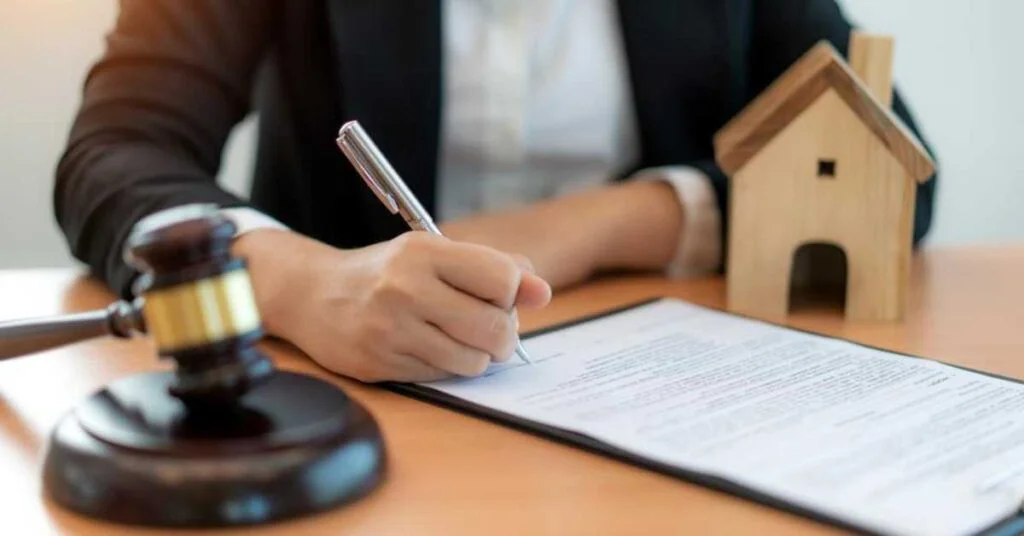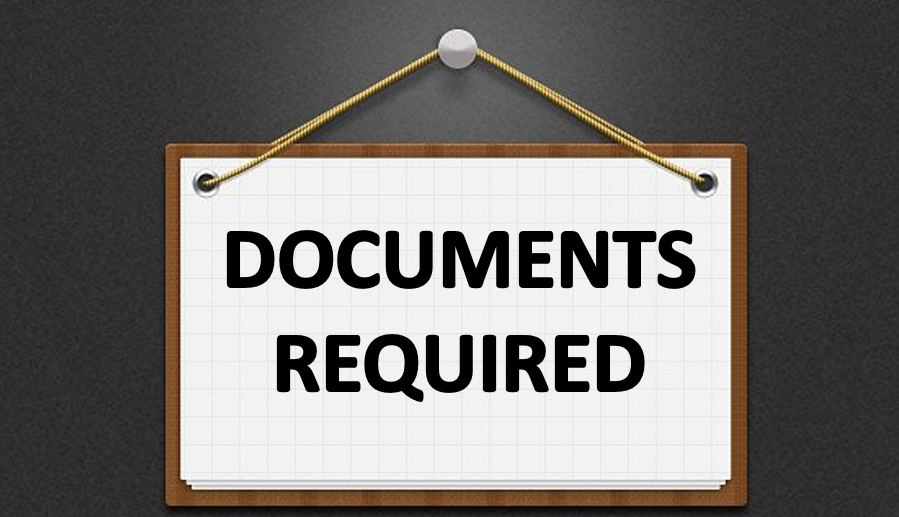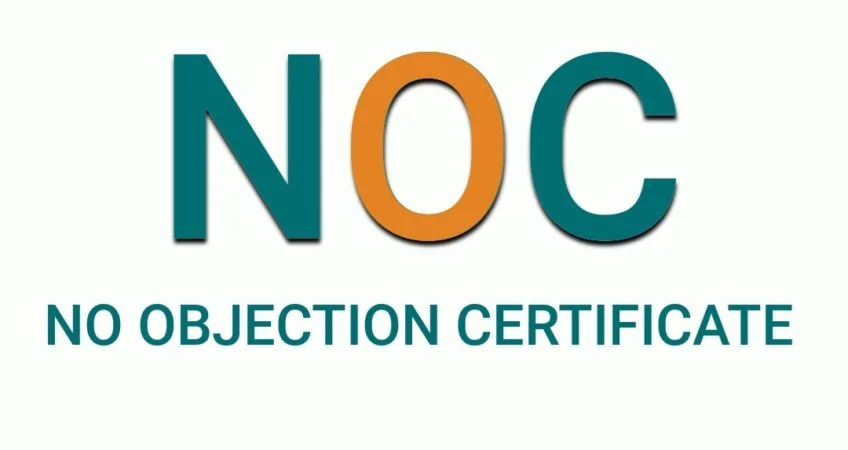Documents Needed to Buy or Sell Property in Dubai
Buying or selling property in Dubai is an exciting prospect, whether you’re investing in a rapidly growing real estate market or making the city your permanent home. However, the process involves navigating a comprehensive legal and administrative framework, and the cornerstone of a smooth transaction is ensuring you have all the required documents ready.
This guide outlines everything you need to know about the contracts and documents involved in buying or selling property in Dubai, from legal requirements to specific paperwork.
Have a Look at The Legal Framework

The real estate sector in Dubai is governed by a well-structured legal system, regulated primarily by the Dubai Land Department (DLD). Whether you’re purchasing a luxurious apartment in Dubai Marina or selling a villa in Palm Jumeirah, understanding the legalities is crucial. The DLD enforces property laws and oversees transactions, ensuring transparency, legality, and protection for both buyers and sellers.
There are two main types of property ownership in Dubai:
- Freehold: Allows full ownership of the property and the land. Available to UAE nationals, GCC residents, and foreigners in designated areas.
- Leasehold: Grants property rights for a set period (usually up to 99 years) without land ownership.
Expats can purchase properties only in designated freehold areas, such as Dubai Marina, Downtown Dubai, and Dubai Hills Estate.
Key Contracts in Property Transactions

Before diving into the list of documents, it’s essential to understand the contracts that play a central role in Dubai’s real estate transactions:
Buyer/Seller Contract: This contract initiates the sale or purchase. It outlines terms such as the agreed price, payment method, and timeline. Negotiations occur between the two parties before drafting and signing the contract.
Form F – Memorandum of Understanding (MOU): Also known as RERA Form F, this is a mandatory contract between buyer and seller. It includes all transaction details and must be signed in the presence of a witness at a Registration Trustee’s Office. A 10% deposit is usually paid at this stage
No Objection Certificate (NOC): Issued by the property developer, the NOC ensures the property has no outstanding dues and is ready for transfer. Both buyer and seller must provide identification and transaction details to apply for the NOC.
Sale and Purchase Agreement (SPA): A legal document signed once the DLD approves the deal and all requirements are met. This is necessary to transfer ownership formally.
Required Documents for Property Buyers in Dubai

When buying property in Dubai, especially as a foreign investor or resident, the following documents are required:
Personal Identification Documents
- Power of Attorney (if someone is acting on behalf of the buyer).
- Original passport with a minimum of 6 months validity.
- Valid UAE residence visa (if applicable).
- Emirates ID (if the buyer is a UAE resident).
- Power of Attorney (if someone is acting on behalf of the buyer).
Financial Documents
- Salary certificate from the employer (for salaried buyers).
- Bank statements from the past 6 months.
- Proof of down payment (typically 10% of the property value).
- Loan pre-approval letter (if purchasing with a mortgage).
- Mortgage details, if applicable.
Property-Related Documents
- Form F (MOU) signed by both parties.
- Title deed or updated digital title deed (available via the Dubai REST App).
- NOC from the developer for off-plan or resale properties.
- Property valuation report from a certified valuation company.
- Inspection report and proof of insurance (optional but recommended).
- Ejari certificate (if the property is rented)
Additional Requirements
- Any documents in foreign languages must be translated into Arabic and attested.
- Payment cheques for the remaining amounts due to the seller and for DLD fees.
Required Documents for Property Sellers in Dubai

If you’re selling a property in Dubai, having the right documents prepared helps avoid delays and ensures a legally compliant sale process.
Personal Identification
- Original passport
- UAE residence visa (if resident)
- Emirates ID
- Power of Attorney (if applicable)
Property Ownership Documents
- Original title deed of the property.
- NOC from the property developer confirming all payments are settled and no liabilities remain.
- Form F (MOU) – signed with the buyer.
- Recent service charge clearance from the property management company or developer.
Financial Documents
- Mortgage clearance letter, if the property was financed and the mortgage has been paid off.
- Bank account details for receiving the sale proceeds.
NOC Process Explained

A No Objection Certificate (NOC) is essential for transferring ownership. Here’s a breakdown of the process:
Application
- Apply via the developer or property management company.
- Submit copies of IDs, proof of ownership, and transaction details.
Verification
- The developer verifies that the property has no outstanding service fees, mortgages, or utility bills.
Issuance
- Once cleared, the NOC is issued, confirming the property is ready for transfer.
- It typically takes 3 to 5 working days.
- Fees range from AED 500 to AED 5,000 depending on the developer.
- eNOC can be requested digitally via the Dubai REST App.
Final Steps to Complete the Property Transaction
Attend Registration Trustee Office
Both parties or their authorized representatives must attend the appointment with all documents. This includes:
- Signed Form F
- Buyer’s and seller’s ID
- Title deed
- NOC
- Mortgage details (if applicable)
- Payment cheques
Payment of Fees
- DLD fee: 4% of the property price.
- Title deed issuance fee: AED 250.
- Registration fees: AED 2,000 (property < AED 500,000) or AED 4,000 (> AED 500,000).
- Admin fees: AED 430 for land, AED 40 for off-plan, and AED 580 for apartments/offices.
- DLD admin fee: AED 4,200.
Ownership Transfer
- The DLD officially transfers the ownership and issues a new title deed.
- If all documents are submitted early in the day, the transfer is usually completed the same day.
The Role of Real Estate Agents

While hiring a real estate agent is not mandatory, it is highly recommended, especially for first-time buyers or overseas investors. Here’s why:
- Agents are familiar with current regulations, paperwork, and market conditions.
- They assist with negotiations, ensuring fair prices.
- They help with drafting and submitting all required contracts and documents.
- Agents can coordinate with developers, financial institutions, and the DLD for a seamless experience.
- Their networks offer access to exclusive listings and off-market deals.
Final Words
Whether you’re buying or selling property in Dubai, documentation is the foundation of a smooth and legally compliant transaction. From verifying personal identification to preparing contracts like Form F and securing the NOC, every step matters. The Dubai Land Department has created a transparent and structured framework, making it easier for investors and residents alike to navigate the real estate process with confidence.
To make the journey even easier, working with trusted professionals is key. Bloomfield Real Estate stands out as a reliable and knowledgeable partner in Dubai’s competitive property market. With a strong reputation for transparency, market expertise, and end-to-end client support, we helps buyers and sellers streamline the entire process, from document preparation to deal closure.
Whether you’re exploring off-plan investments or ready-to-move-in properties, partnering with Bloomfield Real Estate ensures your interests are protected and your experience is hassle-free.

